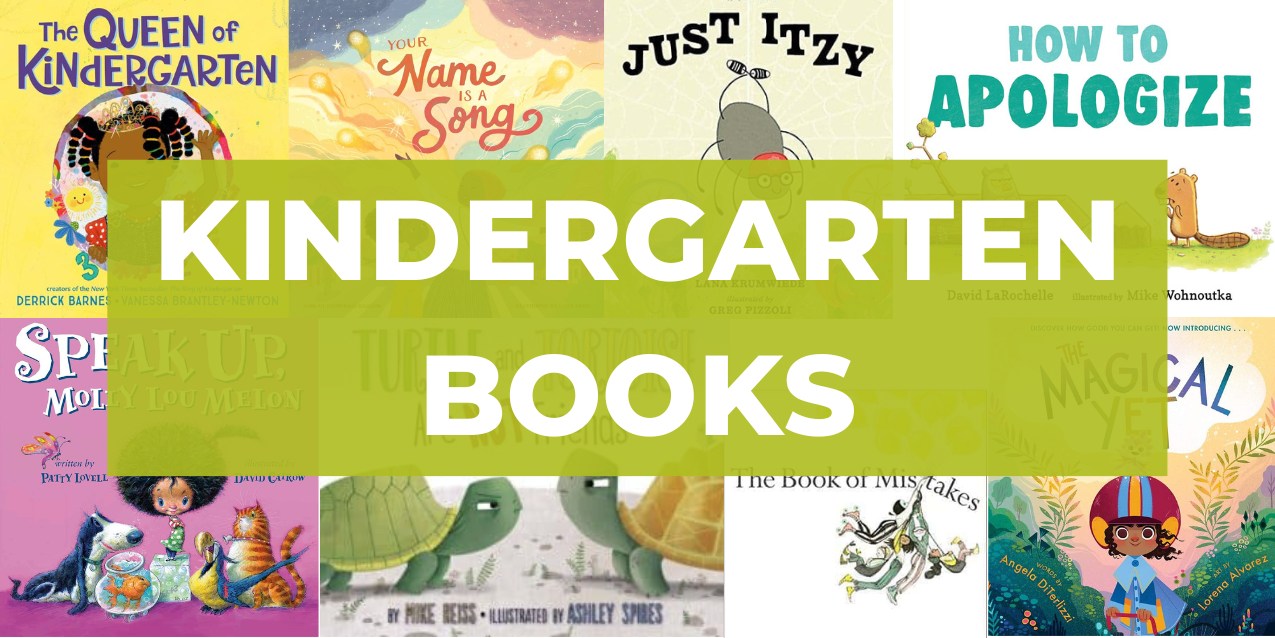
Serhii Sobolevskyi/ Getty Images
Want to know what to expect from your growing baby? These guides share general timelines for developmental milestones and how to encourage new stages of play.
Before you get started, learn how to calculate your baby’s adjusted age based on their due date and birth date. Much of your baby’s development is tied to time in utero so babies born early may need time to reach full-term development.
Why tummy time is so important at this stage
You made it through the newborn period—and those around-the-clock feeds—that deserves to be celebrated. Now, you’re entering a new stage with your baby, one where they are more alert, more interested in their environment, and more awake during the day.
As your baby becomes more alert and mobile, each day will bring new adventure—and it’s recommended that those days start with tummy time.
Some babies hate tummy time, which can feel discouraging. If your baby is still fussing in tummy time, practice is key. If you’re wondering how much tummy time does your baby need, don’t worry. Even a minute or two a few times a day can help strengthen their neck muscles.
How to support baby’s development at this stage
When your baby is propped over your shoulder, you may notice their head is a bit more stable. (This is thanks to tummy time.) You may also see that they’re starting to grab at things like your earrings or hair. This is because they’ve just realized they have hands and they’ll begin to use them with purpose.
While it may feel like you need to engage with your baby around the clock, it’s actually healthy for them to explore some independence (here is where you can sneak in a hot coffee).
Around this age, your baby will start to recognize familiar faces, voices, and smells. It’s also when their personality starts to show. You’ll begin to see your baby express basic emotions such as happiness, anger, sadness, distress, and surprise.
And you’ll notice your voice and touch bring them comfort. Soothing and snuggling your crying baby is entirely okay. It will not cause any bad habits.
Another great perk of this age is the giggles. Your baby will start to anticipate familiar games (for example, become excited when tickled) and will laugh and smile when socially engaged. You may also hear them babble closer to the end of this range.
There are many toys great for this period of development
Get parenting news, expert advice, info on secret sales, discounts and the best-ever products. Sign up for the Today’s Parent newsletter.

 PARENTING TIPS
PARENTING TIPS PREGNANCY
PREGNANCY BABY CARE
BABY CARE TODDLERS
TODDLERS TEENS
TEENS HEALTH CARE
HEALTH CARE ACTIVITIES & CRAFTS
ACTIVITIES & CRAFTS


